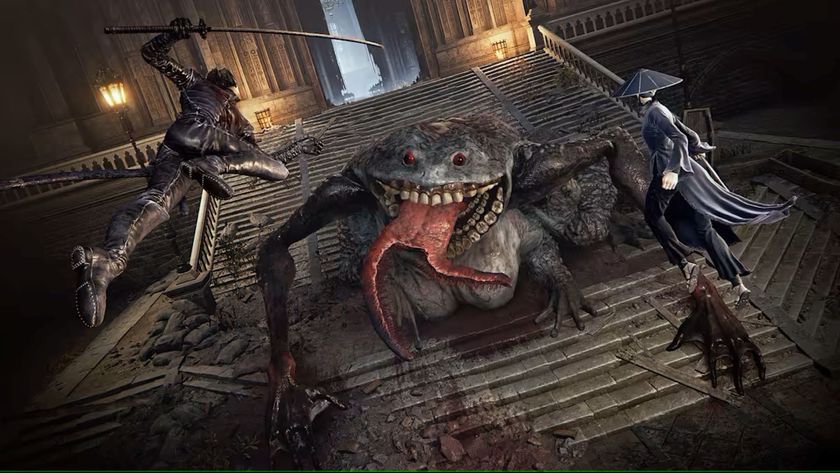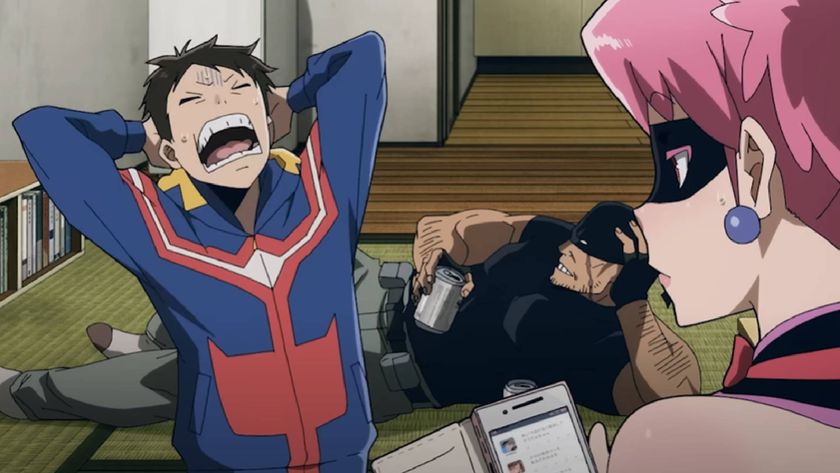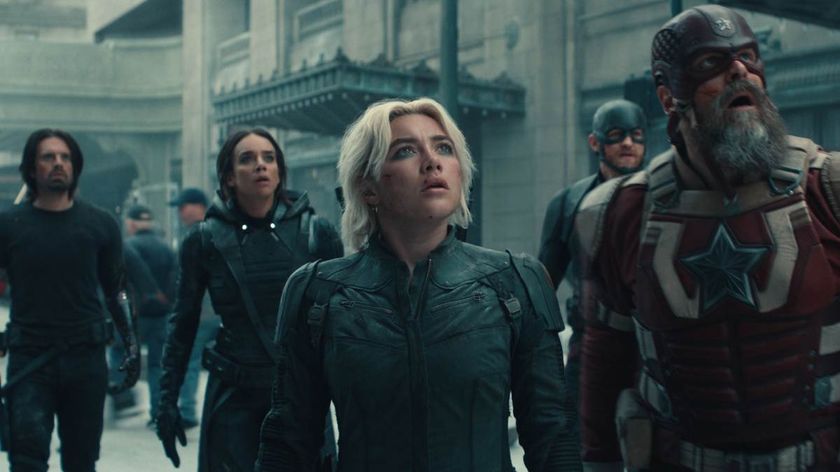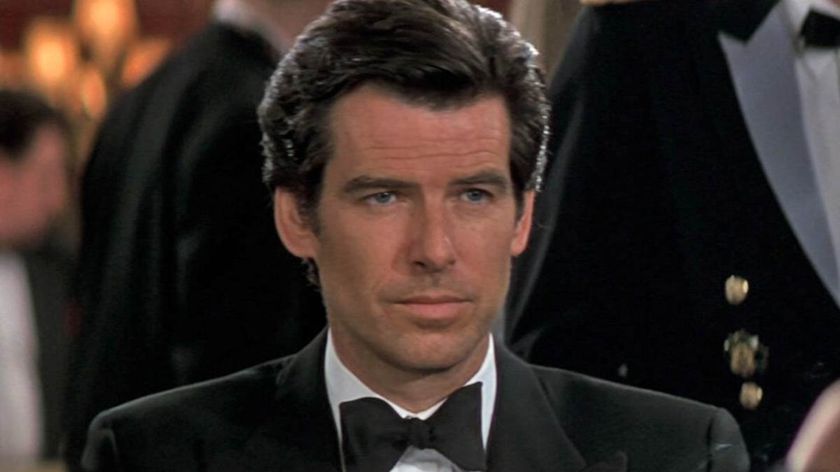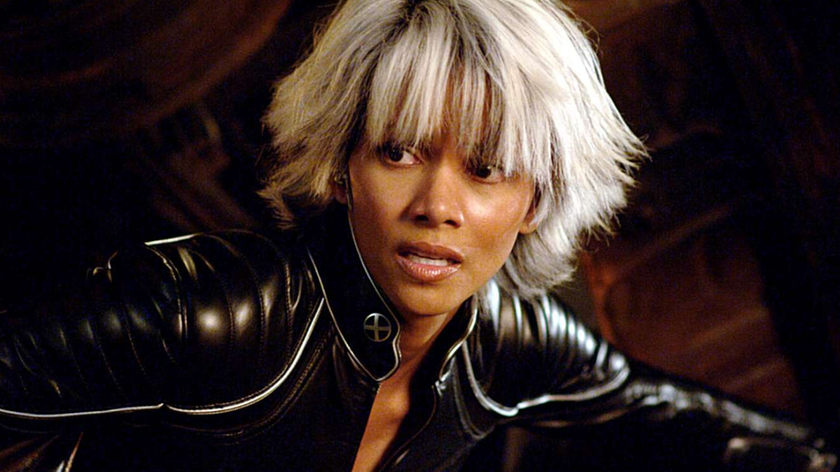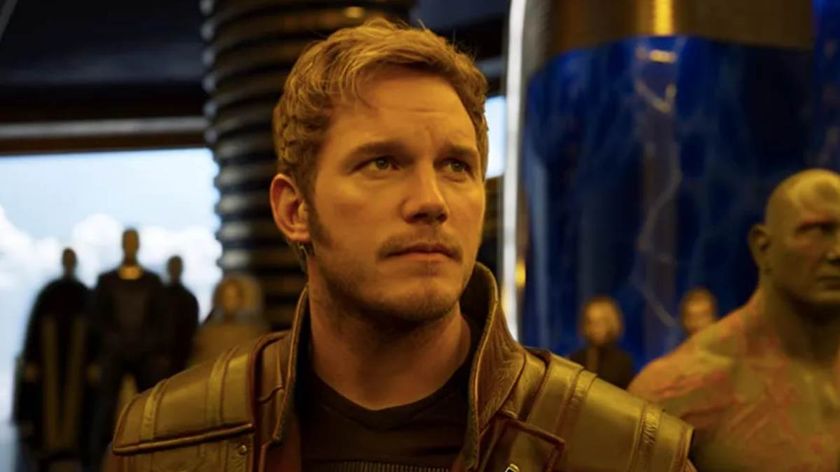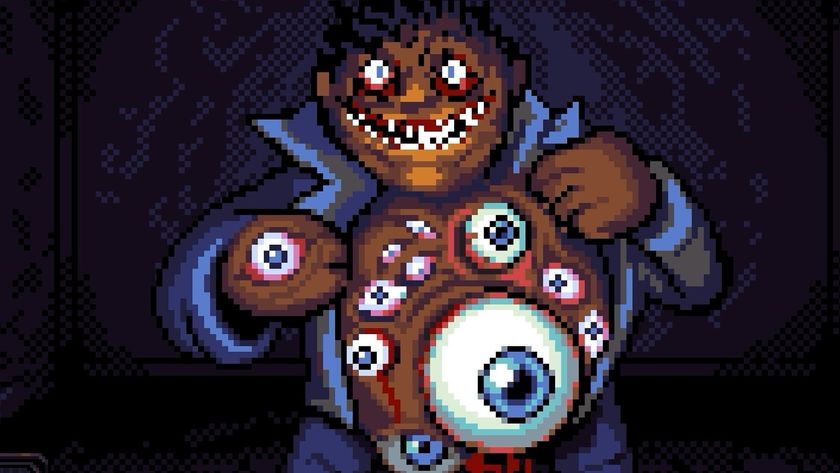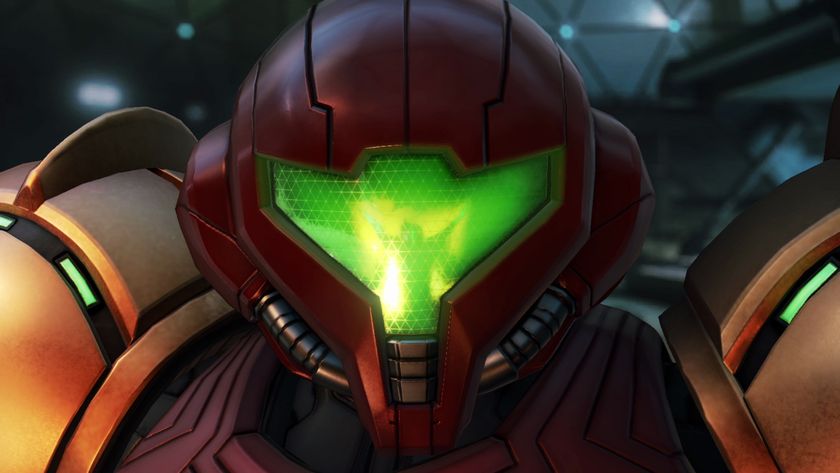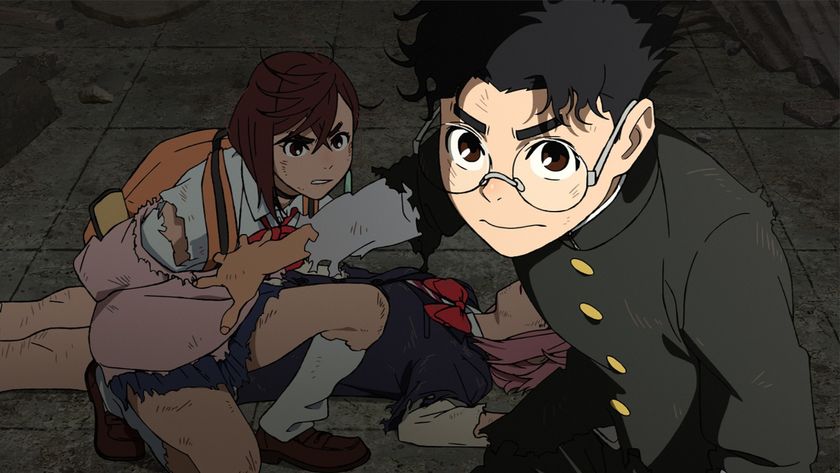Dying Light dev says we're all too obsessed with "the number of hours a game can offer" and shorter games like the 18+ hour Dying Light: The Beast feel like "the future"
"It gives you those shorter development cycles, and also the ability to try different things."
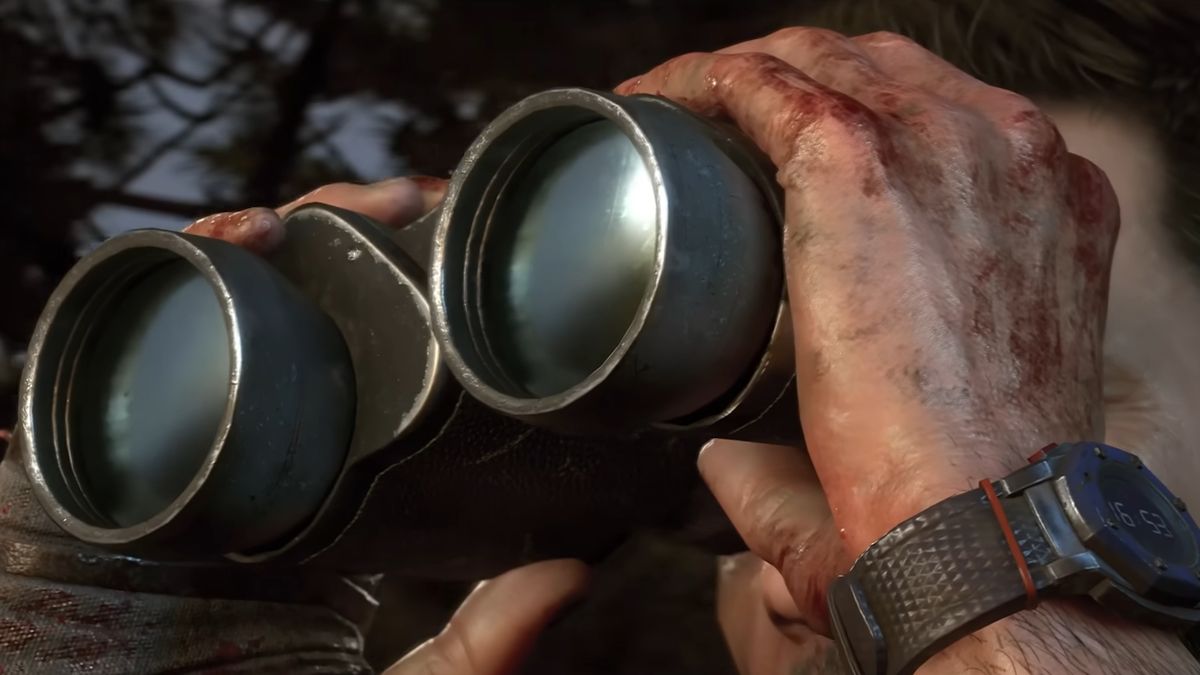
Dying Light: The Beast is the latest DLC-turned-game to bridge the gap between big-ol' AAA releases and bite-sized, sometimes hour-long experiences, and franchise director Tymon Smektała of developer Techland reckons AA experiences like it might be "the future of games."
In a statement confirming the September delisting of a Dying Light 2 edition which bundled in Dying Light: The Beast as the DLC it was once meant to be, Techland said the upcoming standalone clocks in at "18+ hours." Smektała tells GamesIndustry that it was designed to be "more compact" than a AAA game: "It might not be as big as an americano, but it also doesn't have as much water, it's just more of what counts, what's important." Techland isn't done with massive games and has "different plans for Dying Light 3," but The Beast is a powerful middle ground.
Smektała touches on the player "[fascination] about the number of hours the game offers" and how more and more of the people actually buying those massive games may struggle to fit them into their lifestyle. "As players get older, as the world around us gets more and more intense, and as we have lots of things that steal our attention, if you have a game that you have to play for 50 to 100 hours to complete, it's really difficult to find time for that, right?"
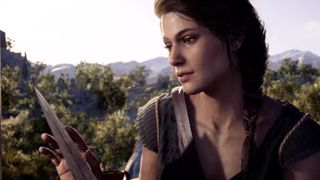
He points to Assassin's Creed Odyssey, a famously oversized open-world action RPG. "When I realized I have played Odyssey for 100 hours and I've not even finished it… With real life happening around you, it's very, very hard to get that commitment," Smektała says. (With Star Wars Outlaws on the horizon, it feels worth noting that creative director Julian Gerighty specified that the game wouldn't be an "unfinishable" RPG, stopping just short of calling out the likes of Odyssey by name. Our Star Wars Outlaws review praises its world as a more compact adventure.)
This is where games like Dying Light: The Beast come in, offering a satisfying experience for players and a reasonable development cycle for creators. When you don't "have 500 people working on a game for five years," as Smektała puts it, pointing to the AAA sector's ever-rising budgets and scope-creep, you can also take more creative risks and "try different things."
"There's some kind of inertia in the industry and that [obsession] about the number of hours a game can offer," Smektała reiterates. But going forward, as evidenced by the likes of Marvel's Spider-Man: Miles Morales and Ubisoft's own Assassin's Creed: Mirage, he reckons these smaller releases are "something that we'll see more of because the industry will see this as another way they can offer meaningful interactive entertainment to players. This might be a part of the future of games in general."
We've heard similar remarks from Obsidian RPG veteran Josh Sawyer, who said last year that small games can be good for AAA studios as a way to prevent burnout, improve staff retention, and fuel creativity. He said Obsidian's Pentiment and Grounded "directly contributed to how we think about current and future projects." Sawyer was piggybacking on similar comments from other developers, like Jeryce Dianingana of EA's Cliffhanger and Mitch Dyer of new AAA studio That's No Moon, who were likewise waving the AA flag.
Sign up to the 12DOVE Newsletter
Weekly digests, tales from the communities you love, and more
Speaking of smaller games from big studios: Capcom's Kunitsu-Gami: Path of the Goddess was one of our favorite releases of the summer, in large part because it feels like a throwback to another era.

Austin has been a game journalist for 12 years, having freelanced for the likes of PC Gamer, Eurogamer, IGN, Sports Illustrated, and more while finishing his journalism degree. He's been with 12DOVE since 2019. They've yet to realize his position is a cover for his career-spanning Destiny column, and he's kept the ruse going with a lot of news and the occasional feature, all while playing as many roguelikes as possible.
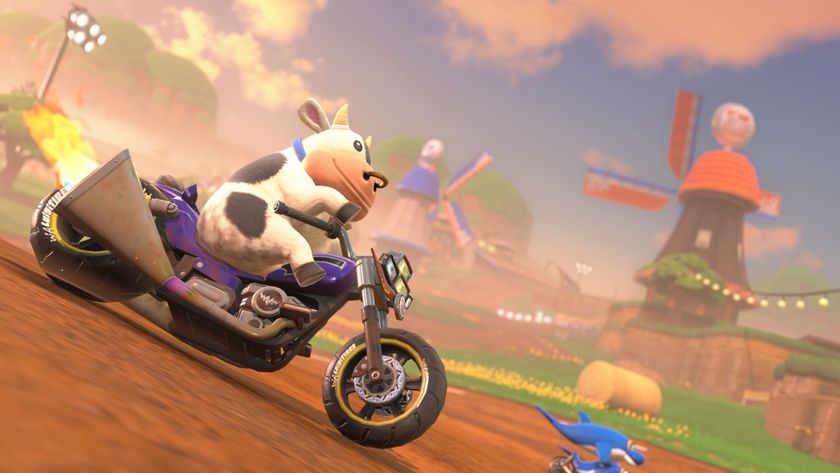
Nintendo Switch 2's kickflipping cow, 50-ft woman, and steampunk t-rex showed there's still great power in absurdity
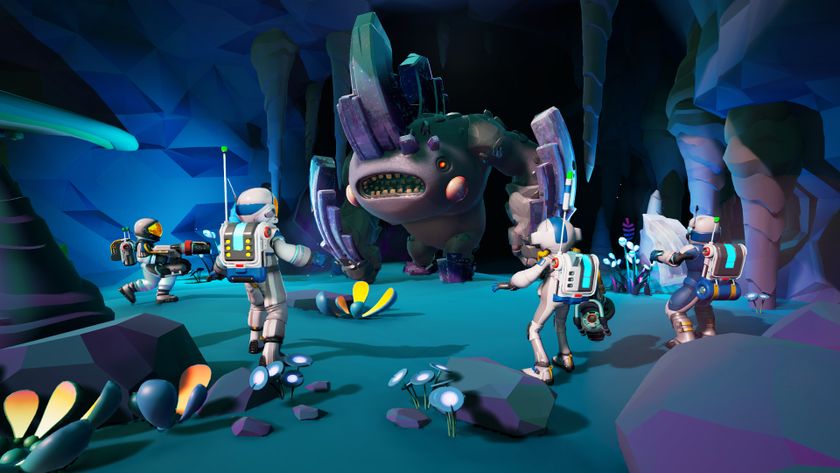
Switch 2 is getting an even more co-op-focused spinoff of a massively popular survival space sim, but it's not replacing the original: "Astroneer will continue to live on"
